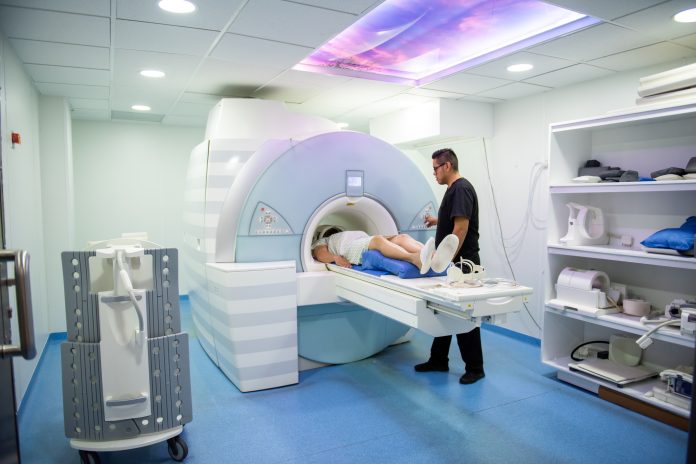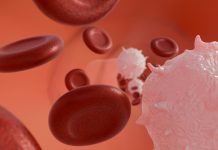Leeds Teaching Hospital NHS Trust (LTHT) is testing a new artificial intelligence tool (AI) to revolutionise prostate cancer diagnosis
The Trust is collaborating with Lucida Medical, to test Prostate Intelligence (PI) software, an AI and machine learning system aimed at detecting prostate cancer lesions from MRI scans.
This new system could help speed up diagnosis and streamline the treatment process for patients.
Quicker prostate cancer diagnosis
Prostate cancer is the most commonly diagnosed cancer among men in the UK, with one in eight men being diagnosed during their lifetime. For these patients this process is usually time-consuming and complex, it tends to involve a series of tests and MRI scans to confirm the cancer and direct the biopsy procedures.
MRI imaging plays a critical role in identifying cancerous lesions and directing targeted biopsies. However, this process can be time-consuming, with biopsy waiting times currently reaching from two to three weeks. LTHT aims to reduce these delays using AI technology, enabling quicker, more accurate diagnoses and improving patient outcomes.
AI-Driven Diagnosis: The Role of the Pi Tool
The Prostate Intelligence (Pi) tool has been developed by Lucida Medical using AI algorithms designed to detect cancer signatures in MRI images. By analysing MRI data from patients in the UK and the Netherlands, the AI system has been trained to identify potential prostate cancer lesions.
The software also generates risk scores and assesses prostate size, which are important factors in determining biopsy and treatment decisions.
In clinical use, the Pi software will automatically analyse MRI scans as soon as they are completed, providing radiologists with real-time results that highlight areas of concern. This process could help radiologists prioritise patients with more urgent cases, potentially freeing up time to review more scans each day.
Speeding up diagnosis
The key objective of this project is to reduce waiting times for patients. If successful, the waiting time for a biopsy could be reduced from two to three weeks to less than one week.
To test the accuracy and effectiveness of the Pi tool, the study will compare AI-generated results with the real-world outcomes of 100 patients who have recently completed the prostate cancer diagnostic pathway.
The Pi tool will highlight areas on MRI scans that may indicate cancer, helping radiologists make more informed decisions regarding biopsies.
The pilot phase involves collecting retrospective data from previous patients, with a prospective study set to launch in the autumn of 2024. The research will focus on whether the AI software can reliably identify prostate cancer and its potential to improve the overall diagnostic process.
As the project continues, LTHT hopes that the AI-driven Pi software will prove both sensitive and specific in identifying prostate cancer. If the software meets expectations, it could transform the prostate cancer diagnostic pathway, offering faster and more accurate diagnoses, reducing waiting times, and improving patient care.











